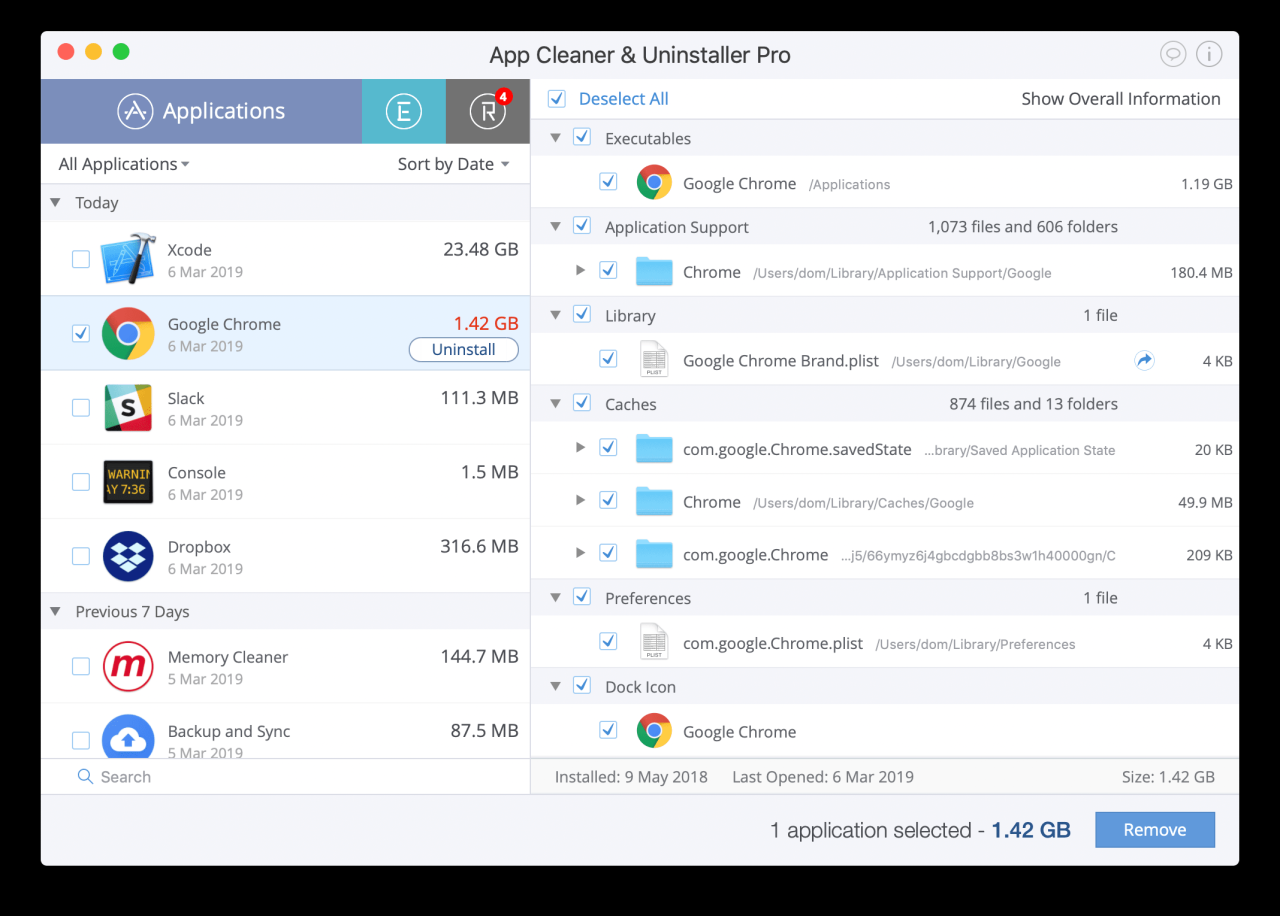Exploring the chrome app for mac opens up a world of possibilities for users looking to enhance their productivity and streamline their workflow. With a plethora of features designed specifically for Mac users, this app not only integrates seamlessly with the operating system but also brings the vast ecosystem of Chrome extensions right to your fingertips.
The chrome app for mac offers a unique browsing experience, allowing users to enjoy swift access to web applications while leveraging the powerful capabilities of Chrome’s engine. Whether you’re a casual user or a professional, this app caters to a diverse array of needs, making it an essential tool in today’s digital landscape.
Technology, in its broadest sense, encompasses the tools, systems, and methods we use to solve problems and make life easier. Over the centuries, technology has evolved from simple tools devised in prehistory to the complex and interconnected systems we rely on today. This article will take you on a journey through the history of technology, highlighting key milestones and innovations that have shaped our modern world.
1. The Dawn of Tools
The story of technology begins with the earliest humans, who used rudimentary stone tools to hunt and gather. These tools were essential for survival, allowing our ancestors to process food and defend themselves. The invention of the wheel around 3500 BC in Mesopotamia marked a significant advancement, leading to improved transportation and trade. This simple yet transformative technology set the stage for the development of civilizations.
2. The Agricultural Revolution
Fast forward to around 10,000 years ago, the Agricultural Revolution transformed human society from nomadic tribes to settled farming communities. The domestication of plants and animals led to food surpluses, which in turn supported population growth and the rise of cities. Innovations such as irrigation, plows, and crop rotation allowed societies to thrive and expand, laying the foundation for modern economies.
3. The Age of Metal
The discovery of metallurgy around 3000 BC brought a new era of technological advancement. The ability to smelt and forge metals like copper, bronze, and later iron revolutionized tool-making and construction. This period saw the rise of powerful empires and trade networks, as metal tools and weapons gave societies a distinct advantage. The impact of metallurgy can still be seen today in everything from architecture to machinery.
4. The Printing Press and the Spread of Knowledge
One of the most significant technological innovations in history is the printing press, invented by Johannes Gutenberg in the mid-15th century. This device allowed for the mass production of books and written material, which greatly increased the accessibility of knowledge. The printing press played a crucial role in the Renaissance, the Reformation, and the Scientific Revolution, driving forward education and literacy rates across Europe and beyond.
5. The Industrial Revolution
The late 18th and early 19th centuries marked the onset of the Industrial Revolution, a period characterized by rapid industrialization and technological innovation. The steam engine, developed by James Watt, transformed transportation and manufacturing. Factories began to emerge, leading to urbanization as people moved to cities for work. This revolution not only changed the economy but also had profound social implications, such as shifts in labor and living conditions.
6. The Age of Electricity
The invention of electricity in the late 19th century brought about another wave of technological progress. Thomas Edison’s development of the light bulb and Nikola Tesla’s contributions to alternating current revolutionized daily life. With electricity, homes and industries could operate more efficiently, and innovation flourished in various fields including communication, transportation, and entertainment.
7. The Digital Revolution
The late 20th century ushered in the Digital Revolution, marked by the advent of computers and the internet. The first personal computers emerged in the 1970s, bringing computing power to individuals and small businesses. The internet, developed in the 1980s and 1990s, connected people and information like never before, leading to the rise of digital communication, e-commerce, and a new global economy.
This era changed the way we interact, conduct business, and access information.
8. The Rise of Mobile Technology
As we entered the 21st century, mobile technology became increasingly dominant. The introduction of smartphones, starting with the iPhone in 2007, changed the landscape of technology yet again. These devices combined communication, computing, and internet access into one portable package, transforming how we live and work. Apps have become an integral part of everyday life, influencing everything from social interactions to health management.
9. Artificial Intelligence and Automation
Currently, we are witnessing the rise of artificial intelligence (AI) and automation, which are set to redefine various industries. Machine learning algorithms can now analyze vast amounts of data and make predictions, while robotics is streamlining manufacturing processes. While these technologies promise efficiency and innovation, they also pose challenges such as job displacement and ethical considerations regarding their use.
10. The Future of Technology
Looking forward, the future of technology appears both exciting and uncertain. Advancements in fields such as biotechnology, renewable energy, and space exploration are on the horizon. As we continue to innovate, it is essential to consider the ethical implications and societal impacts of these technologies. Striking a balance between progress and responsibility will be crucial in shaping a future that benefits all.
In conclusion, the evolution of technology is a testament to human ingenuity and resilience. From the creation of simple tools to the complex digital landscape we inhabit today, every advancement has contributed to the world we know. As we move forward, let us embrace innovation while remaining mindful of its impact on society and the planet.
FAQ Section
What features does the chrome app for mac offer?
The chrome app for mac offers features like seamless integration with Chrome extensions, improved performance, and a user-friendly interface designed for Mac users.
Can I use extensions with the chrome app for mac?
Yes, the chrome app for mac supports a wide range of Chrome extensions that can enhance your browsing experience.
Is the chrome app for mac free?
Yes, the chrome app for mac is available for free, although some extensions may have their own costs.
How does the chrome app for mac improve productivity?
The app improves productivity by allowing users to access web applications quickly, utilize extensions for task automation, and maintain a streamlined workflow.
Will the chrome app for mac receive updates?
Yes, the chrome app for mac regularly receives updates to enhance performance and add new features, ensuring users have the best experience possible.












